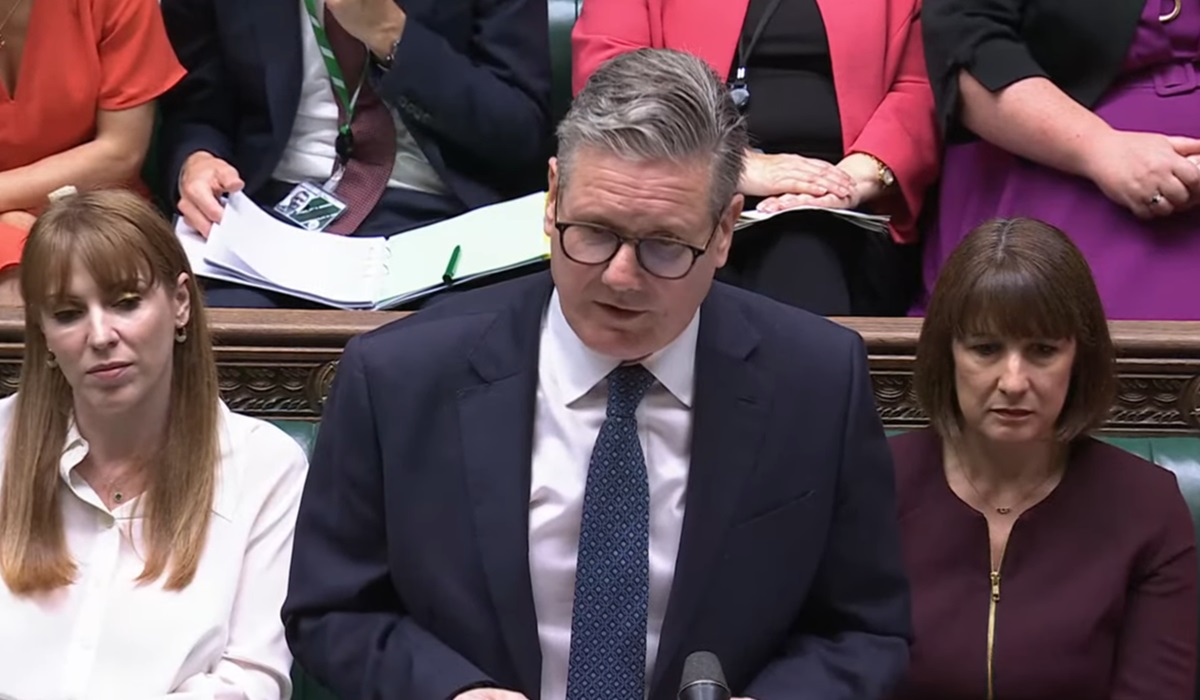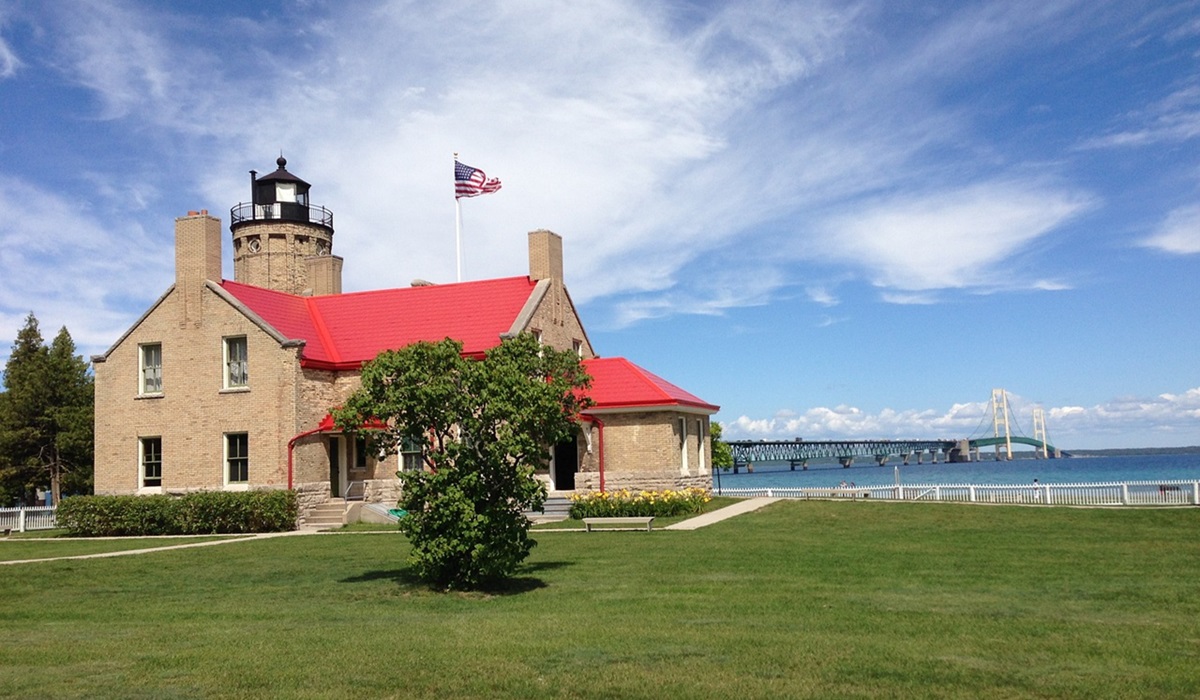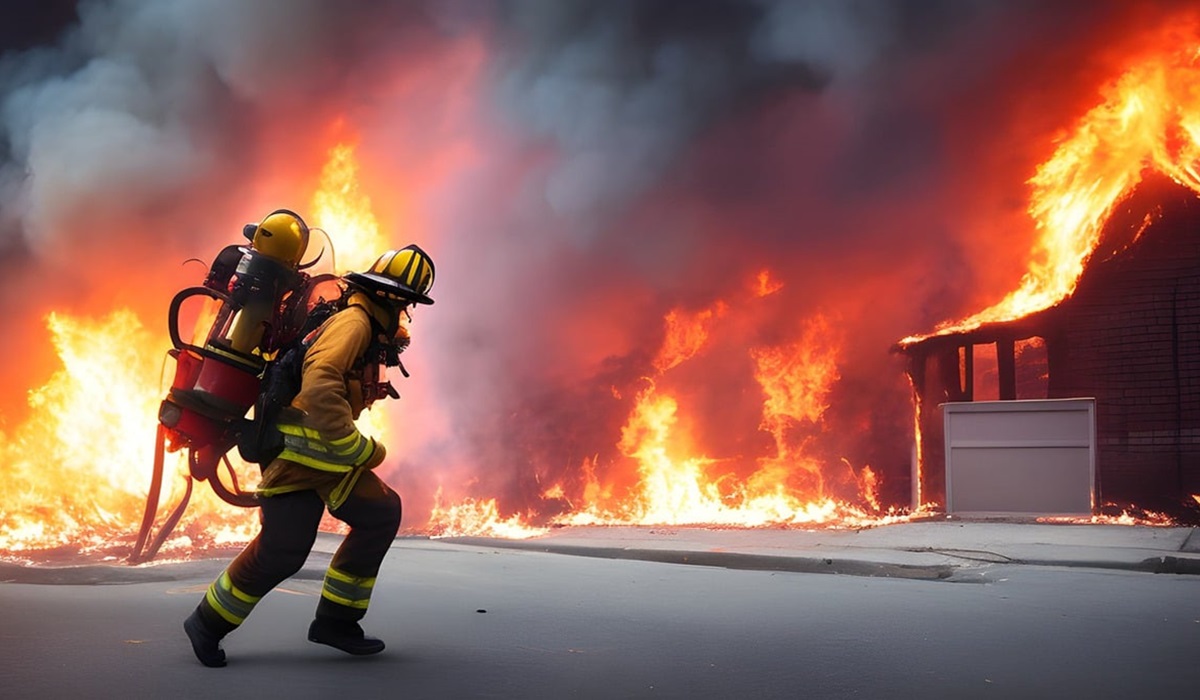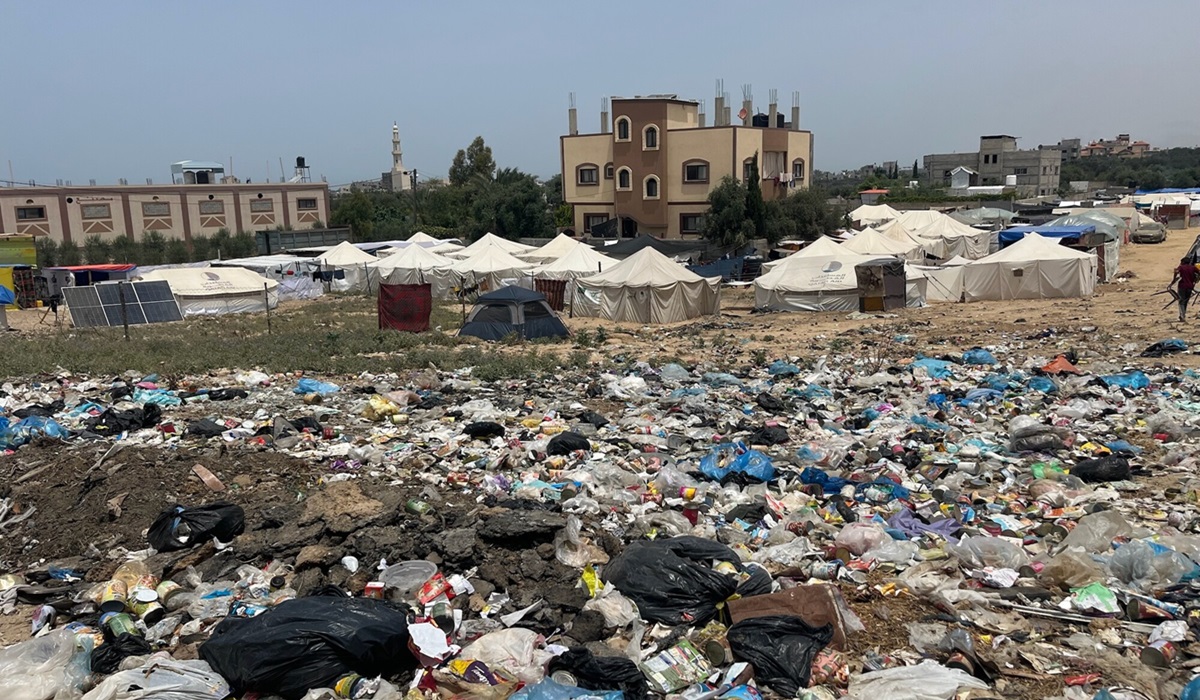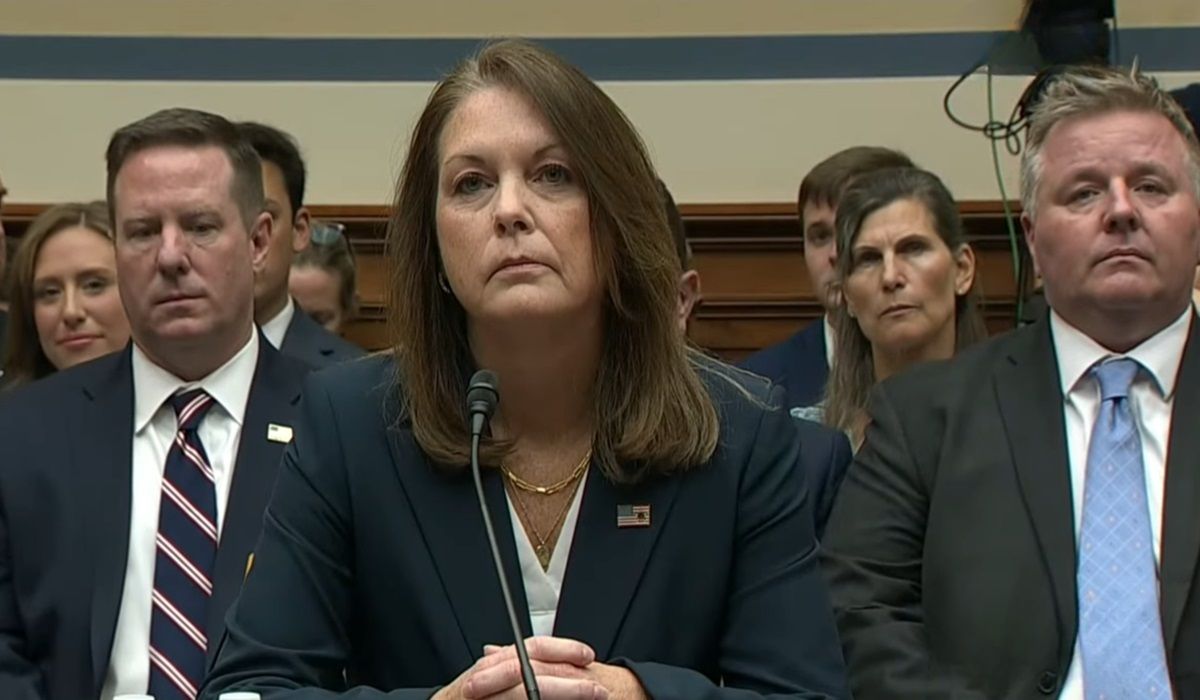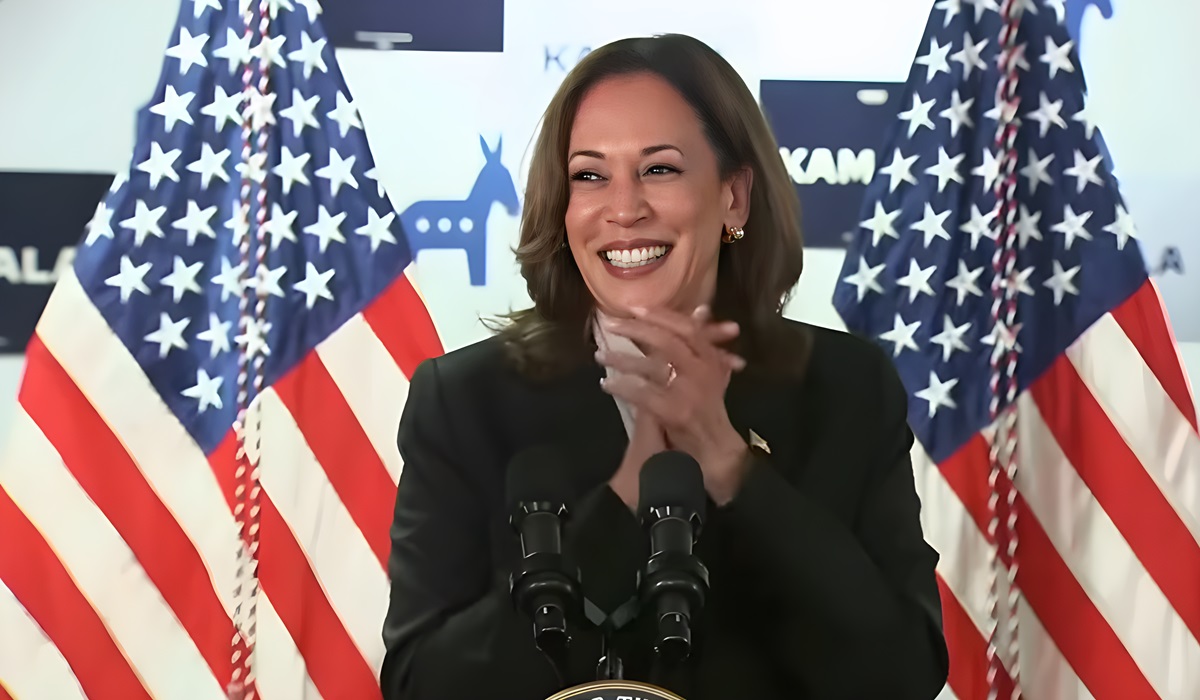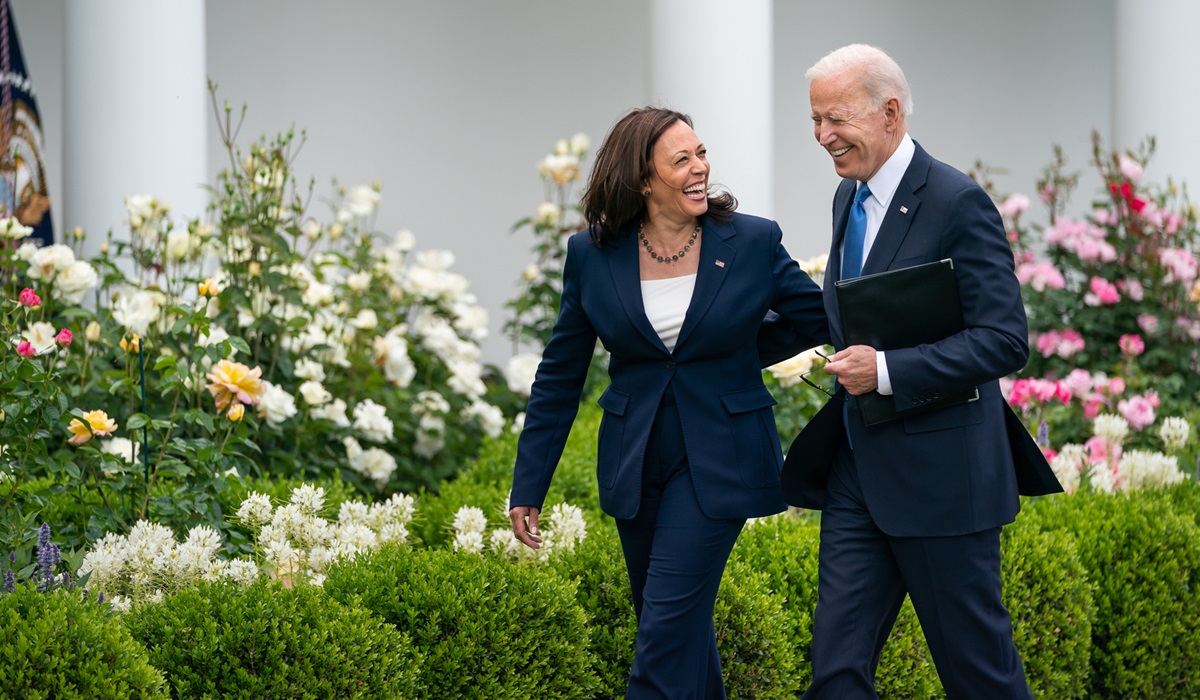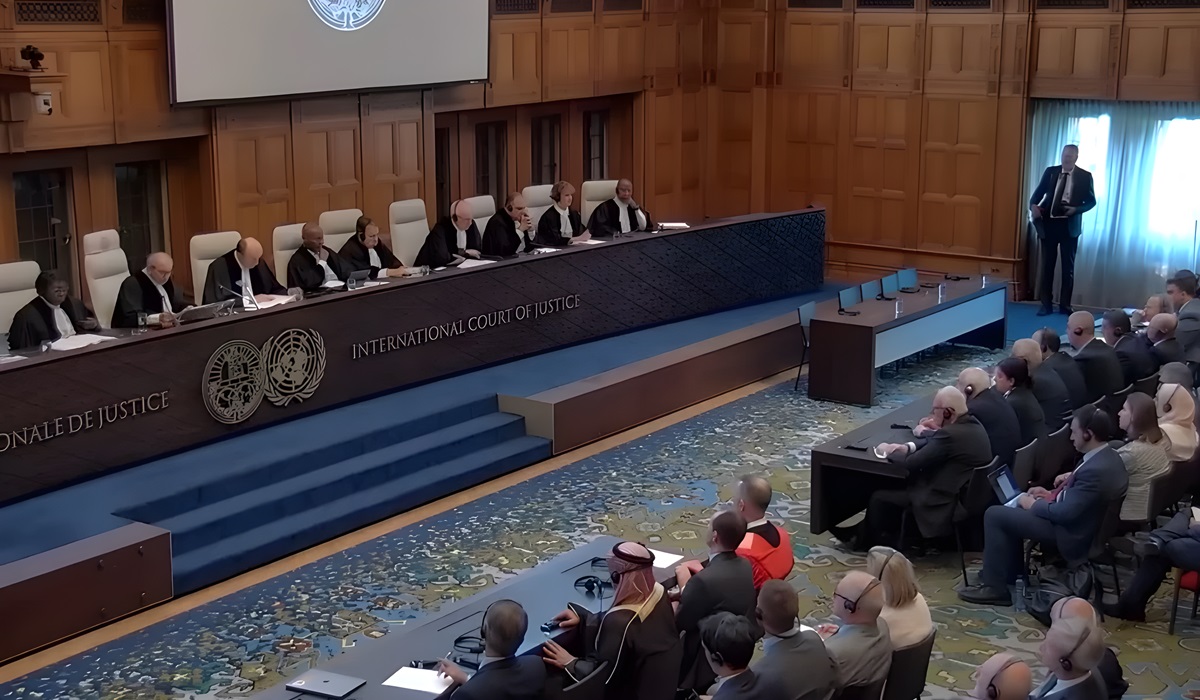Watered Down: NDP Motion Passes With Major Amendments From Liberals
- TDS News
- Breaking News
- March 19, 2024
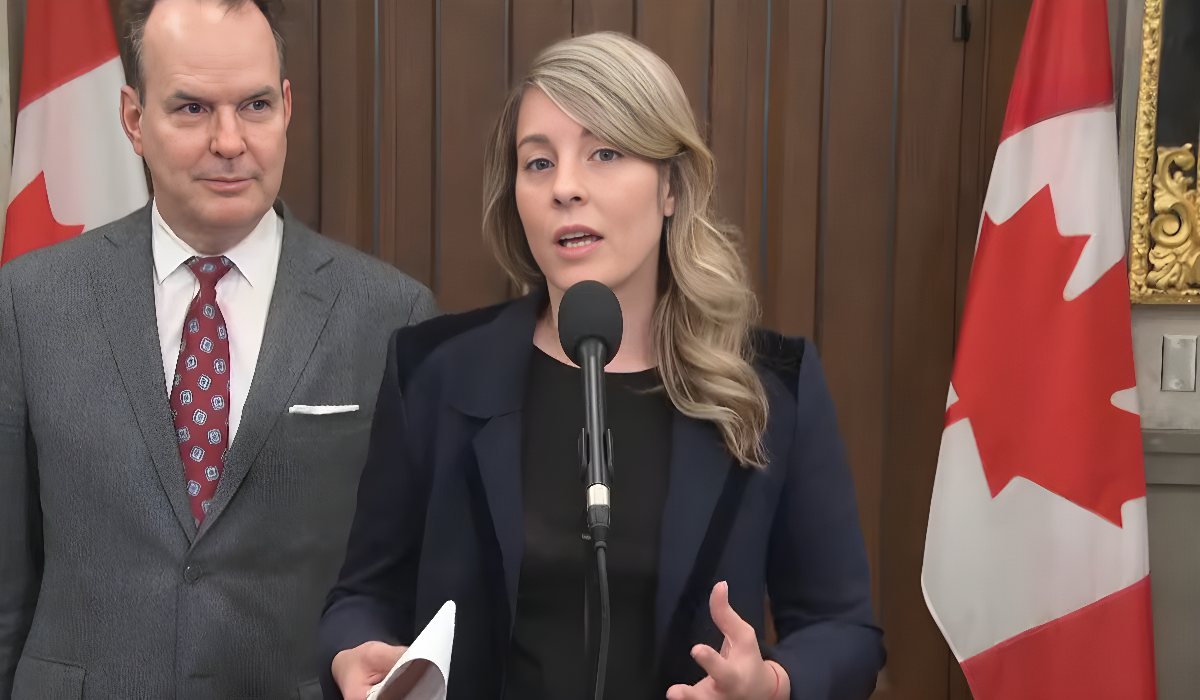
Monday night’s vote in the Canadian House of Commons regarding the recognition of Palestine as a state has sparked controversy and highlighted deep divisions within the government. The motion, introduced by the NDP, aimed to recognize Palestine as a state and call for the return of hostages but faced significant opposition and amendments.
Despite receiving support from the Bloc and the Green Party, the motion was heavily watered down by the Liberals. Amendments were made to remove any mention of statehood, references to genocide, limiting the export of arms and reinstating funding to The United Nations Relief and Works Agency (UNRWA) reportedly out of fear of upsetting the Jewish community.
Criticism has been directed at Canada’s Foreign Affairs Minister, Melanie Joly, for her speech in parliament. Joly’s remarks, including her assertion that there should be no ceasefire until all hostages are released and Israel’s right to self-defense, has been met with skepticism. While the desire for the safe return of hostages and recognition of Israel’s defense rights is understood, there’s concern over the lack of acknowledgment of the prolonged suffering endured by the Palestinian people under Israeli occupation.
Furthermore, there’s a perception that Canada’s foreign policies are influenced by the US, with Joly’s statement implying an inability to change policies based on opposition motions. However, the Canadian government could enact changes reflecting the will of Canadians or introduce its own motions to address the issue.
This train of thinking reflects poorly on the Trudeau administration, raising questions about its leadership and strength in foreign affairs. The absence of significant action to address the plight of Palestinians has led to disillusionment among citizens and calls for change within the government.
Yesterday’s vote regarding Palestine recognition signifies a critical moment in history. Canada’s stance on the issue will be remembered, with some accusing the government of complicity in perpetuating injustice. Hope remains for a future where Israelis and Palestinians can coexist peacefully, but it requires courage and decisive action from Canadian leaders.
Right now, the Canadian people do not see that leadership from their elected government. Suppose they cannot fulfill the role of leadership. In that case, it will resoundingly be evident come the general election, as the Trudeau government is already hanging by a thread from being toppled. What we are witnessing right now is the first actual audition by the NDP of how their Federal Administration would be autonomous and not subservient to the US. If this is what Canadians can expect from an NDP government, the winds of change may blow louder as 2025 draws near.
As the political landscape evolves and the voices of Canadians grow louder, there’s a palpable sense of anticipation for what lies ahead. The outcome of this vote and the subsequent fallout will undoubtedly shape the trajectory of Canadian politics in the coming years. Whether it’s a reaffirmation of the status quo or a seismic shift toward a new direction remains to be seen. However, what is clear is that the issues at stake, particularly regarding Palestine, will continue to demand attention and action from those in power. The hopes for a more just and equitable future rest on leaders willing to navigate these turbulent waters with integrity and courage.

